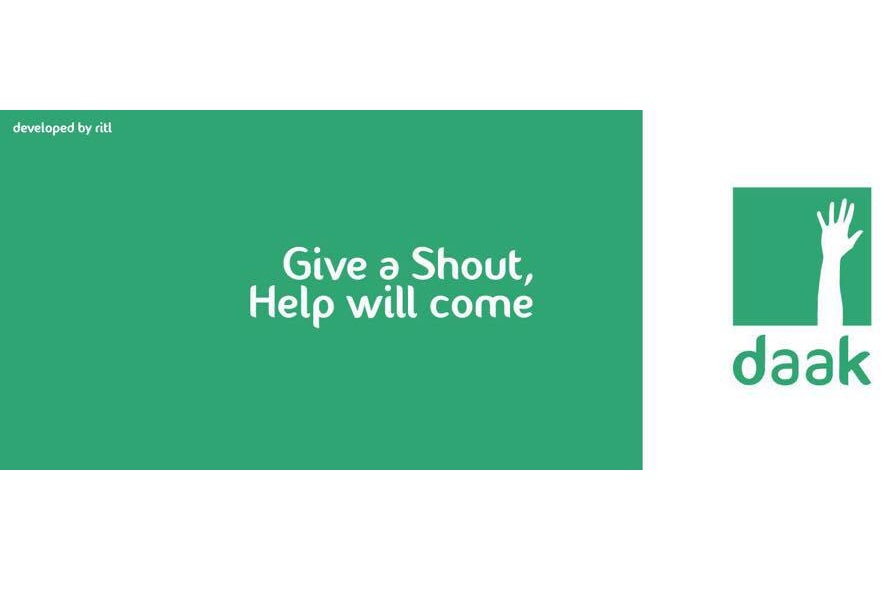
Everyday somewhere in Bangladesh women are harassed, violated, or shunned from life. Events like these are so prevalent that they have almost become acceptable in society. I feel helpless and then exasperated for not being able to do anything to solve this problem. As a nation we have failed big time and we need to find a way to solve this problem in a sustainable and scalable manner.

At Future Startup we have been calling on startups and entrepreneurs for ideas and initiatives to solve this problem for years now. And then we have one: Daak – a personal safety app.
Daak: The Beginning
Daak – a mobile application developed by Rupam IT Limited, one of our favorite IT startups in Dhaka, aims to prevent sexual harassment against women by using the power of community. “We have been working on developing a reproductive health management system with government, NGOs and private organizations for years now,” said Zamil Rashid, founder of RITL. “We have come to know that there are more than 7 lac casesof MR (abortion at an early stage) every year. A large number of these cases are a result of sexual harassment, while many other incidents go unreported.”
Women in our society are supremely vulnerable and sexual harassment against women is on the rise, although measures have been taken to solve this problem. That’s when Zamil and his team started to think about an idea to tackle this problem. “This is a real problem,” said Zamil, “and there is a huge need to address this. So we thought we should do something to fix this.”
How Daak Works
Daak is a community powered mobile application. Once you have the app installed in your mobile you can send text messages to your trusted ones, and also to nearby app users for help. The most interesting feature of Daak is that it works without an Internet connection. It lists all local administrations’ communication numbers and alarms local law enforcers within a 1-kilometer radius.
In its current version, Daak has four protective features: Fake call – to avoid horrid situations in a camouflaged approach; Follow me – to ensure safety by sending text messages if a driver diverts from your chosen road; Quiz aims to create awareness and self learning to handle a difficult situation; and Helpline provides a national database with free access to anyone.
Making of Daak
Daak is a very lightweight application. It can run on a fraction of data compared to many regular apps of its kind. “We redesigned the interface multiple times,” said Zamil, “to ensure best usability. There are apps of this type abroad, and we could copy features from those but we wanted to build something that will help people in a meaningful way, accounting for our local context.”Zamil and his team took a ground-up approach to build the app. They sat with pertinent stakeholders, took feedback from community members and ran extensive research to understand what features are essential and what are not.

The Vision
“Daak is our way of giving back to society,” said Zamil, once I asked him how they are going to monetize it. “We don’t even want to monetize it. We want people to use it. We will never charge or go into any kind of paid schemes for the app. Our aim, rather, is to engage telecommunication brands to allow free text messages from the app. We are also working to engage the government and other stakeholders.”
Take Away
A passion for solving problems that are close to our heart is what takes us further than our dream. At times, this kind of journey seems at our own cost but it only seems so if we are myopic. Money does not make great business, vision does. With Daak, RITL makes it clear where they want to go. I hope it does not take long to reach there.
You can download the app from the Google Play Store now and tell people to do likewise. Change is a destination we can reach together.
